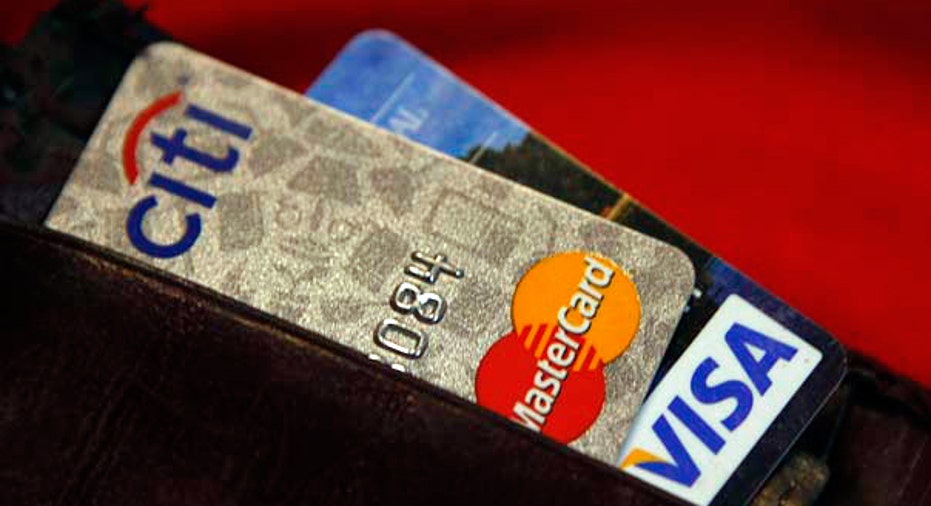Different Rules Apply to Deferred Interest Payment Plans' Final 2 Months

Dear Credit Care,
I recently had an issue with my credit card service. Last December they offered interest-free for six months on anything purchased during the month of December. They required you to pay only the minimum during those months. I use this card for other things regularly, but always pay that balance plus the minimum required payment every month. After the fourth month, they started applying the whole payment toward my no-interest balance and started charging me interest on the balance not paid for my regular charges. I was told yesterday on the phone that this is the law that they have to do it that way. I need to know if this is true. Why at the end of the promotion would they do this and not during the six months. It sounded very suspicious to me. But I am not a lawyer and have a very hard time understanding the verbiage in the documents. Thank you for your time.
- Debi
Dear Debi,
A 2009 federal law is in place that addresses how payments are applied to credit card accounts. The Credit Card Accountability, Responsibility and Disclosure Act requires that payment amounts in excess of the minimum amount due must be applied to the balance with the highest interest rate. But there is an exception to the rule for deferred interest plans such as the one that was offered for your card.
In the case of a deferred interest program, the card issuer is required, for the last two billing cycles of the plan, to apply your entire payment to the deferred interest balance. So, because the plan that you entered into with your card issuer was for six months interest free, the Credit CARD Act required that after the fourth billing cycle, the last two billing cycles' payments must be applied to the deferred interest balances.
I know you're suspicious, but this is designed as a protection for the consumer. Some card issuers will allow you to request that your payments above the minimum amount due be applied to the deferred interest balance if you have other balances on the card, but some won't. To help you realize at least part of the savings of the 0% interest program, the law requires that the last two full payments for the plan period be applied to your deferred interest balance. That helps consumers whittle down any balance before the deferred interest period ends. And that's a good thing for many consumers, because at the end of the deferred interest period, whatever balance remains for purchases made on the plan will have a higher -- and sometimes much higher -- interest rate applied. Any balance not paid will begin accruing interest at that rate.
From your letter it sounds as if you use your credit card for convenience for regular monthly expenses and then pay off those charges at the end of the month. Using a card for convenience is fine, but I would recommend that you use a card that does not have an existing balance, if you have one. The reason is you want to avoid being in a situation where you are paying interest charges for your monthly groceries and dry cleaning. Using a card that does not have a balance for those charges you pay off each month will accomplish that goal. An added benefit is that you can concentrate on paying down the balances you are carrying and save more on interest charges.
Handle your credit with care!



















